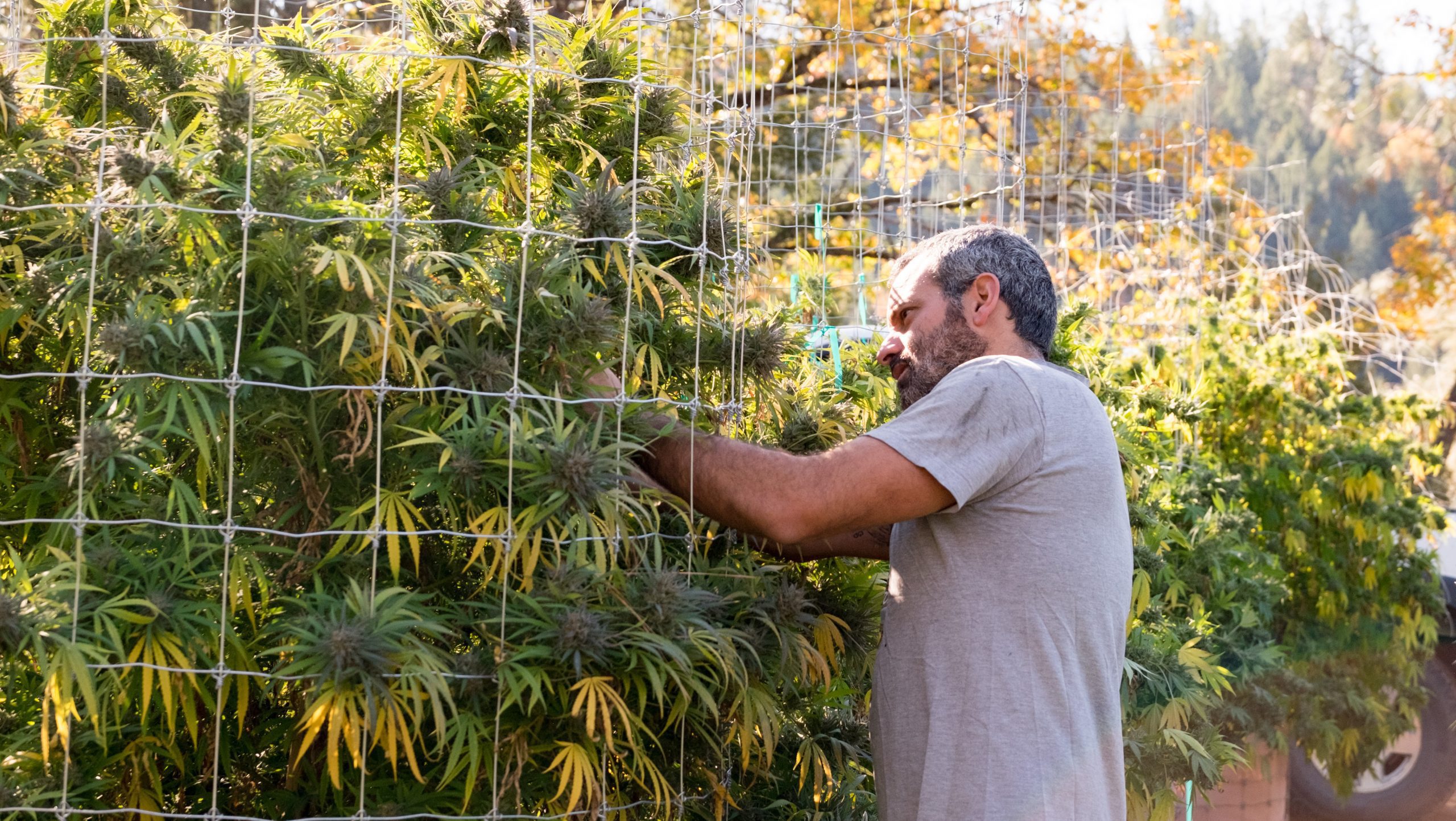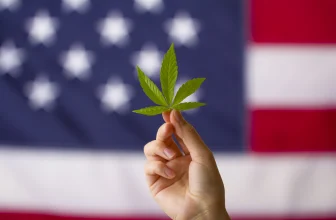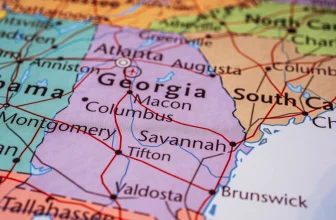
Despite being the week after a national holiday, the end of November and the start of December brought some interesting news in the marijuana industry. NORML summed up the state of legalization in the union with good news on many fronts, but other state industries are struggling.
1. NORML Releases Annual Report on Legalization
The National Organization for the Reform of Marijuana Laws (NORML) published its annual report on legalization efforts in the US for 2021 this week. Among the highlights was the recreational legalization in five states, including New York, Connecticut, and Virginia. The bill also included other good news like the expungement of over 2.2 marijuana convictions from the past, expanded medical marijuana access, and higher purchase limits in states like Colorado.
2. Minnesota Approves the Sale of Edibles for Medical Program
Medical use in Minnesota dates all the way back to 2014, but the state didn’t allow the use of many common forms of THC, such as edibles or raw flower products. Thanks to two laws changes this year, including one just this week, patients will have many more options beginning next August.
In May of 2021, the state finally approved the use of raw cannabis flowers. Now at the end of November, they’ve also decided to approve the sale of THC edibles such as gummies. The state still does not have a recreational program because they voted it down as recently as 2019.
3. Alaska Marijuana Businesses in Tax Arrears to State
On a down note, Alaska’s medical marijuana industry is struggling much more than most states that offer recreational products. Recent industry reports show that nearly $2 million in taxes are owed to the state from 56 delinquent businesses. That’s led nine businesses to already close their doors under the strain of the tax debt and slowing business.
Licenses are strictly tied to real estate locations in the state, making it challenging to find a better sales position or open a smaller or larger store. Another challenge is that the state places a flat excise tax on raw cannabis produced, not products actually sold to consumers. Materials discarded before a sale can still produce a tax debt for their producers or retailers.
4. Ohio Citizens Near the Signatures Needed for Marijuana Legalization Petition
Citizens are using Ohio’s initiated statute program to push for marijuana legalization despite the previous blocking from the state legislators. The coalition has gathered nearly all of the 133,000 signatures needed to introduce a bill into next year’s general assembly.
If the state legislators don’t act on the bill within a few months of the start of the 2022 session, it’ll be possible to move the issue to a voter amendment instead.
5. Kentucky Legislator Advancing Medical Decriminalization Bill
Announced just in time for the first day of December, Democratic Kentucky Rep. Nima Kulkarni has pre-filed a bill aiming to decriminalize possession of up to one ounce of marijuana. It would even allow for home cultivation, something not allowed in some states with recreational sales programs. While the bill has already attracted backing from marijuana advocates, it’s not clear how much support the issue will receive from other state legislators.
6. California Cannabis Business Owners Call for More Protection from Theft
With one of the longest established medical and recreational marijuana programs, California is often used as an example for legalization in other states. Yet, business owners in some parts of the state claim that they’re not receiving enough attention from law enforcement when experiencing thefts. In San Francisco, security footage showed police who responded to a theft standing by and watching as criminals took off with bags of products. Oakland cannabis business owners are also complaining of similar issues like slow to no response when calling the police.
7. National Institute of Drug Abuse Director States ‘No Evidence Occasional Use is Harmful’
In a big reversal from some previous statements issued by the agency, the director of the National Institute of Drug Abuse (NIDA) recently stated that there is no current evidence of harm from occasional marijuana use in adults over 21. Since the NIDA informs and assists in writing policy for public health and drug-related issues on the federal and state level, any support for marijuana legalization from the agency could help significantly.






